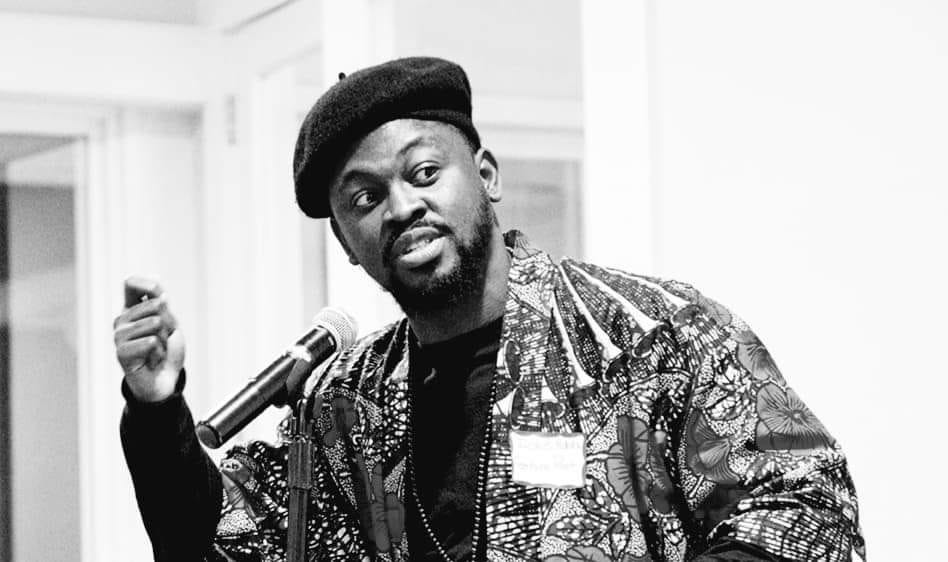Echezonachukwu Nduka: The Poet that wrote for Ghosts
The pianist and poet is a rising star. Emmanuel Iduma of Saraba magazine has described his debut collection as “delightful”. But how will he evolve?

One evening last April, Echezonachukwu Nduka was promoting his debut published poetry collection, Chrysanthemums for Wide-Eyed Ghosts in New Jersey, at an April in Paris, an arts and social event hosted by The Somers Poin…


